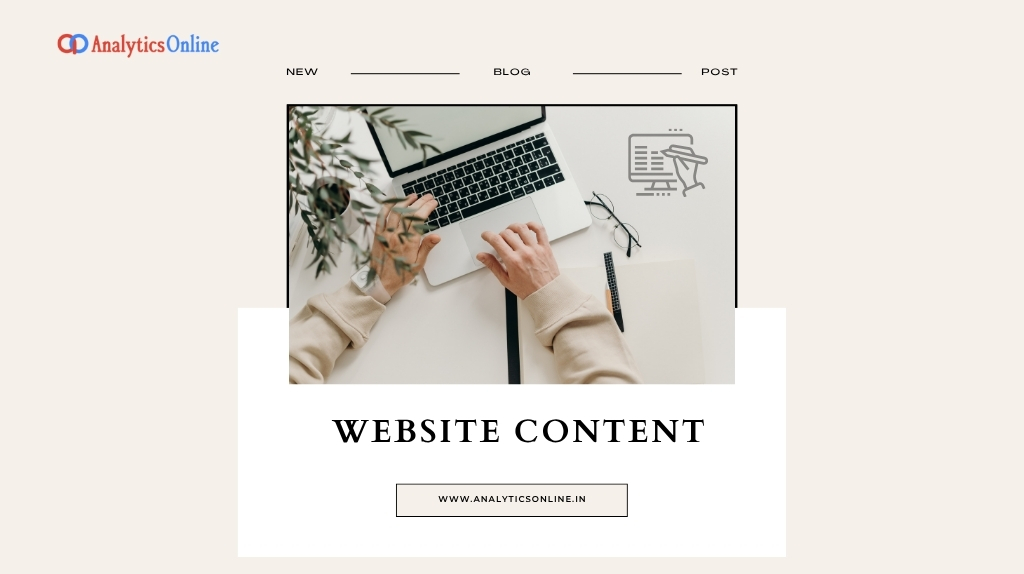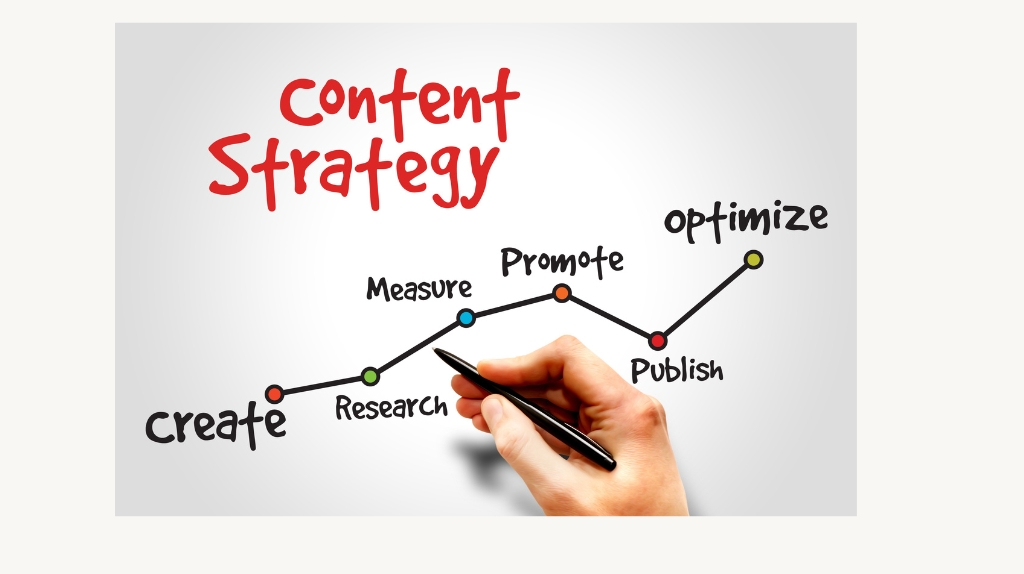
In today’s digital-first world, your business’s online identity is only as strong as its website content. It’s the first impression your potential customers get, the voice of your brand, and the bridge between curiosity and conversion. Whether you’re a startup or an established enterprise, the right website content can set you apart from the competition.
Why Website Content Matters
Consider the content on your website to be the lifeline of your online platform. It’s not just about filling pages with text—it’s about delivering value, building trust, and engaging visitors in a way that encourages them to take action. From compelling product descriptions to informative blog posts, every piece of website content plays a role in shaping customer perception.
Elements of High-Quality Website Content

Creating effective website content is an art backed by strategy. Here are the key components:
- Clarity:Your message should be clear to your audience right away.
- Relevance: Keep your information aligned with your audience’s needs.
- Engagement: Use storytelling, visuals, and calls-to-action to hold interest.
- SEO Optimization: Ensure your website content is optimized with relevant keywords so search engines can help customers find you.
The Role of Professionals
Many businesses struggle with crafting impactful website content due to lack of time, resources, or expertise. That’s where hiring a professional team, like a reputed Digital Marketing Agency in Patna, can make a world of difference. They understand audience behavior, SEO trends, and persuasive copywriting techniques to ensure your brand message resonates effectively.
Common Mistakes to Avoid in Website Content
- Writing for search engines instead of people.
- Using jargon that confuses readers.
- Failing to update content regularly.
- Neglecting mobile-friendly formatting.
How Website Content Influences SEO
Well-structured, keyword-rich website content improves search engine visibility, driving more qualified traffic to your site. Search engines favor fresh, relevant, and well-written text that satisfies user intent, which is why ongoing content optimization is critical.
The Impact of Visuals on Website Content
While words are essential, integrating high-quality images, infographics, and videos into your website content can significantly boost engagement. Content that is visually appealing is easier to understand and more likely to be shared on social media.
Measuring Website Content Performance
Track metrics such as page views, bounce rates, and conversion rates to understand how well your website content is performing. Use analytics tools to refine and improve your strategy over time.
Final Thoughts
Your website content is more than just words—it’s your brand’s digital ambassador. By investing time and effort into creating content that informs, inspires, and converts, you’re setting your business up for long-term success. Remember, in the competitive online space, it’s not enough to have a website—you need website content that truly works for you, and partnering with a trusted Digital Marketing Agency in Patna can help you achieve that goal.
FAQs on Website Content
What makes website content high quality?
High-quality content is valuable, effective, organized, relevant, and technically solid, meaning it truly adds value, is easy to understand, aligns with audience needs, and is well-structured.
How long should blog or article content be?
Aim for at least 800 words—Google often doesn’t index very short content (<300 words), and longer posts (1,000+ words) generally perform better.
How many images should a blog include?
Include at least one image, but ideally use one every ~350 words—posts with images get significantly more views.
Do blogs need publish dates and author bylines?
Yes—displaying publish dates (and updating them when revised) helps both users and search engines. Including author names adds credibility, although using the brand name alone is also acceptable.
Is content marketing effective?
Yes—if it supports your marketing and business goals. It builds trust, fosters relationships, and educates your audience, ultimately contributing to conversions.
What is a Digital Marketing Agency’s role in website content?
Such agencies design and implement strategies combining SEO, content creation, social media, email, and more to boost brand visibility, attract leads, and convert them into customers.



